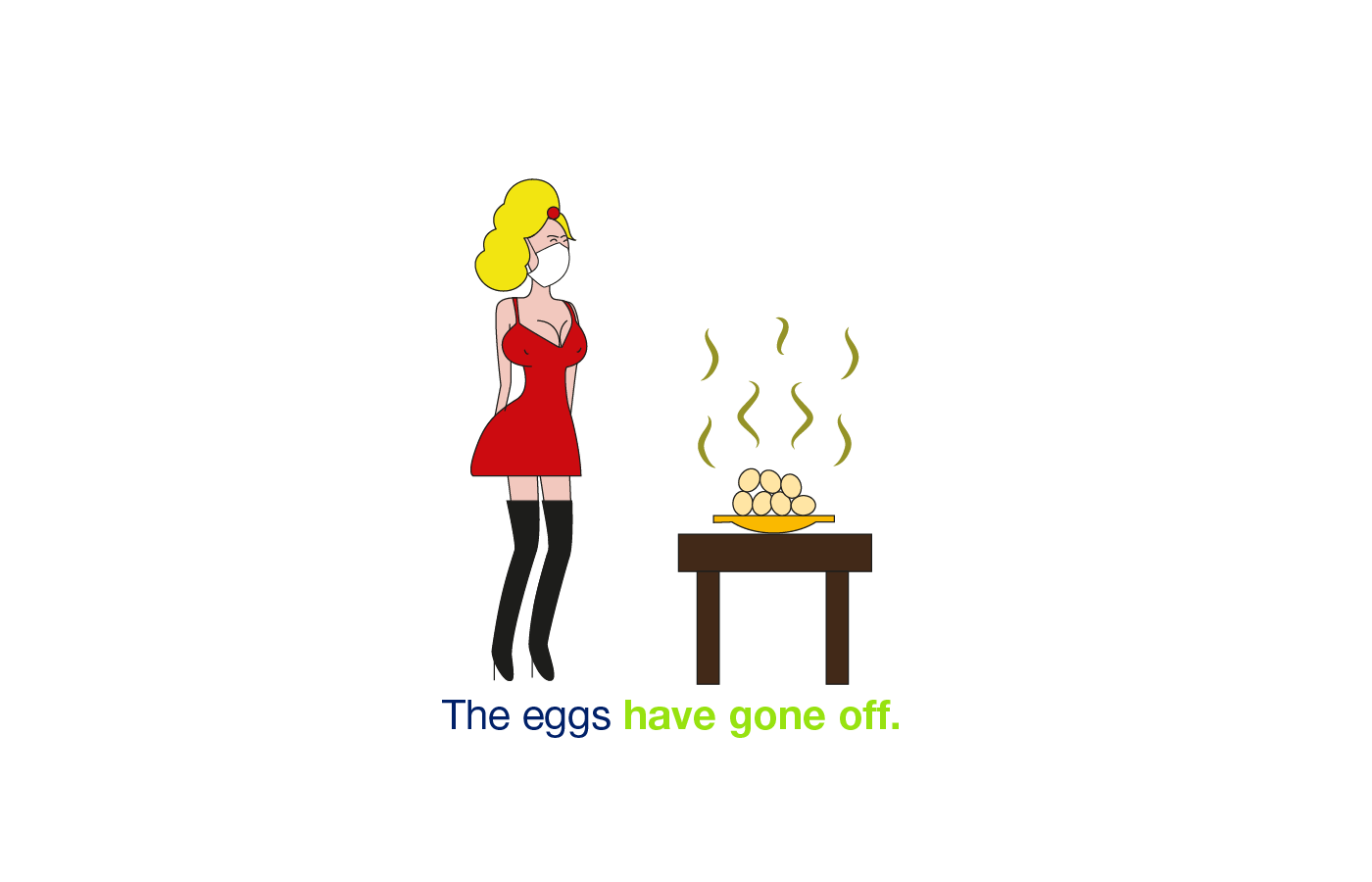When we use present perfect
- Present Perfect
- We use it when SOMETHING HAPPENED IN THE PAST AND IT HAS A CONNECTION WITH THE PRESENT(and we don’t say when we did it).The “connection” might be the effect in the present that the action has produced or the fact that it is not finished yet.
An example of present perfect used when an action done in the past HAS A RESULT IN THE PRESENT.
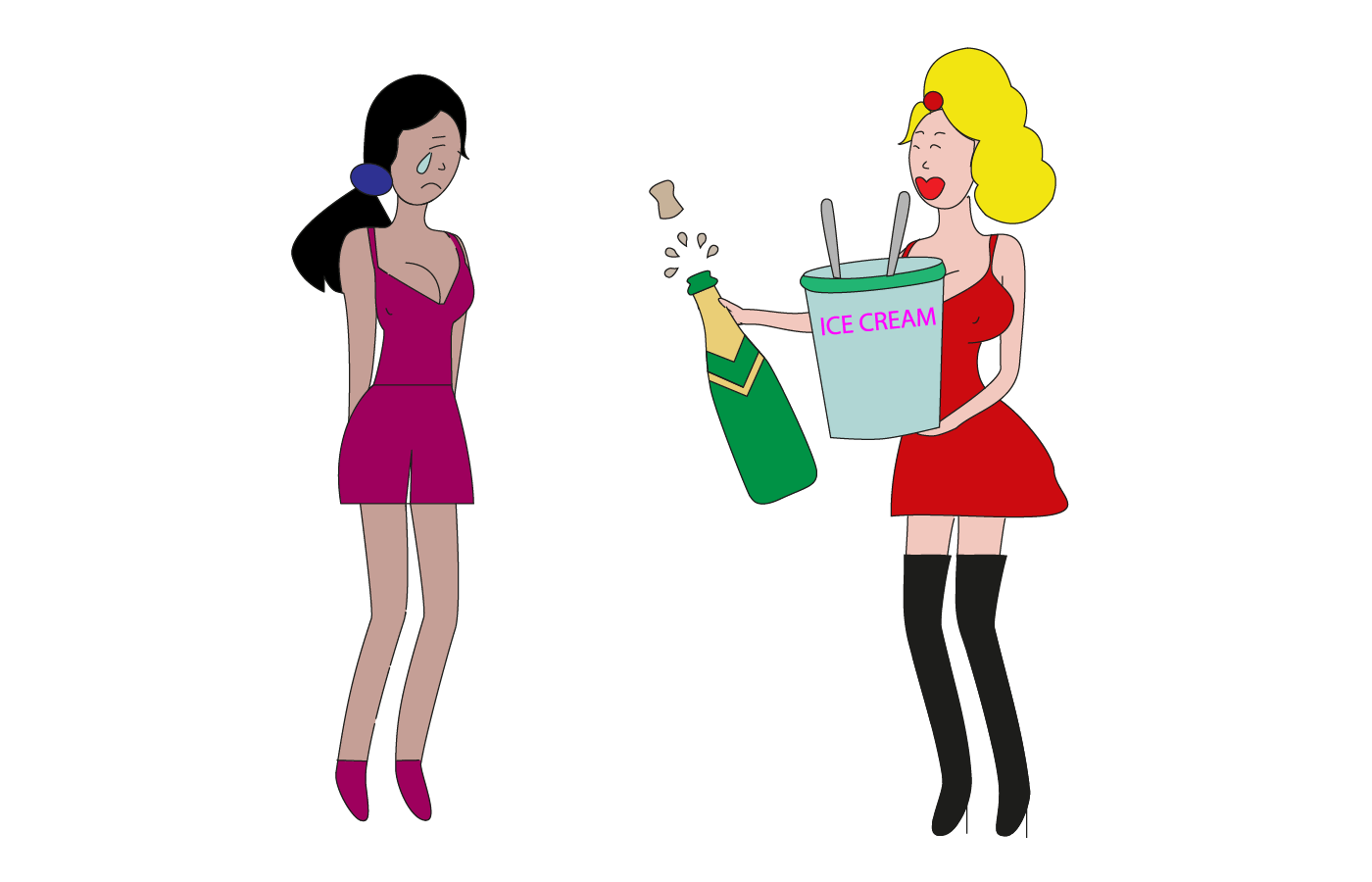
Her boyfriend has left her for another girl. (The effect = She is single now.)
We also use present perfect to say WHAT EXPERIENCES WE HAVE DONE IN OUR LIVES until now (or we haven’t done). We can say how many times we have done it (once, twice, 5 times…)
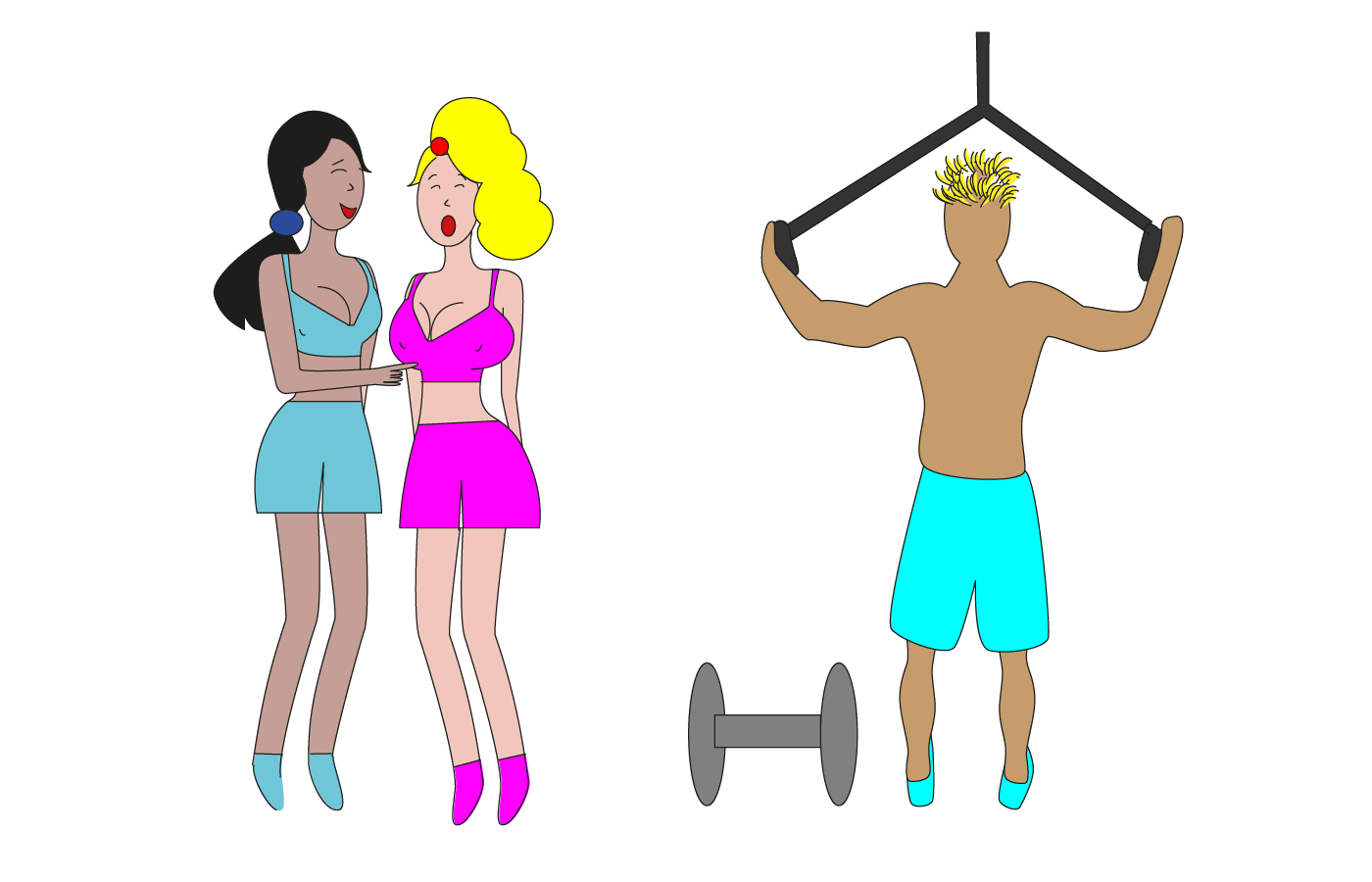
They have been to the gym 3 times in their lives.
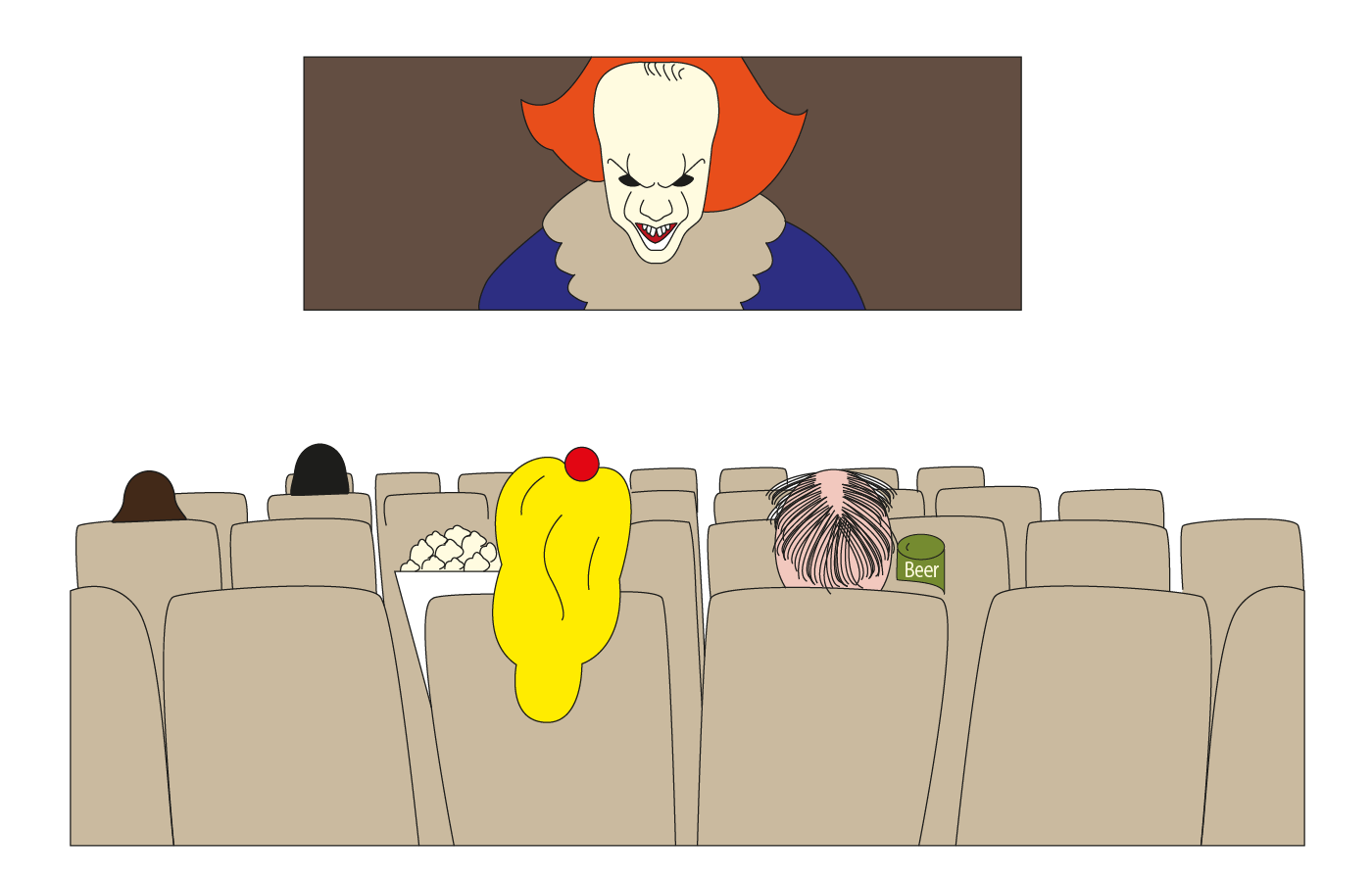
They have never seen such a scary film before. (This is the first time they are watching it.)
We can use present perfect when something STARTED IN THE PAST AND IS STILL CONTINUING NOW. Here we can say for how long (for 1 year, for 2 months, since 2010).
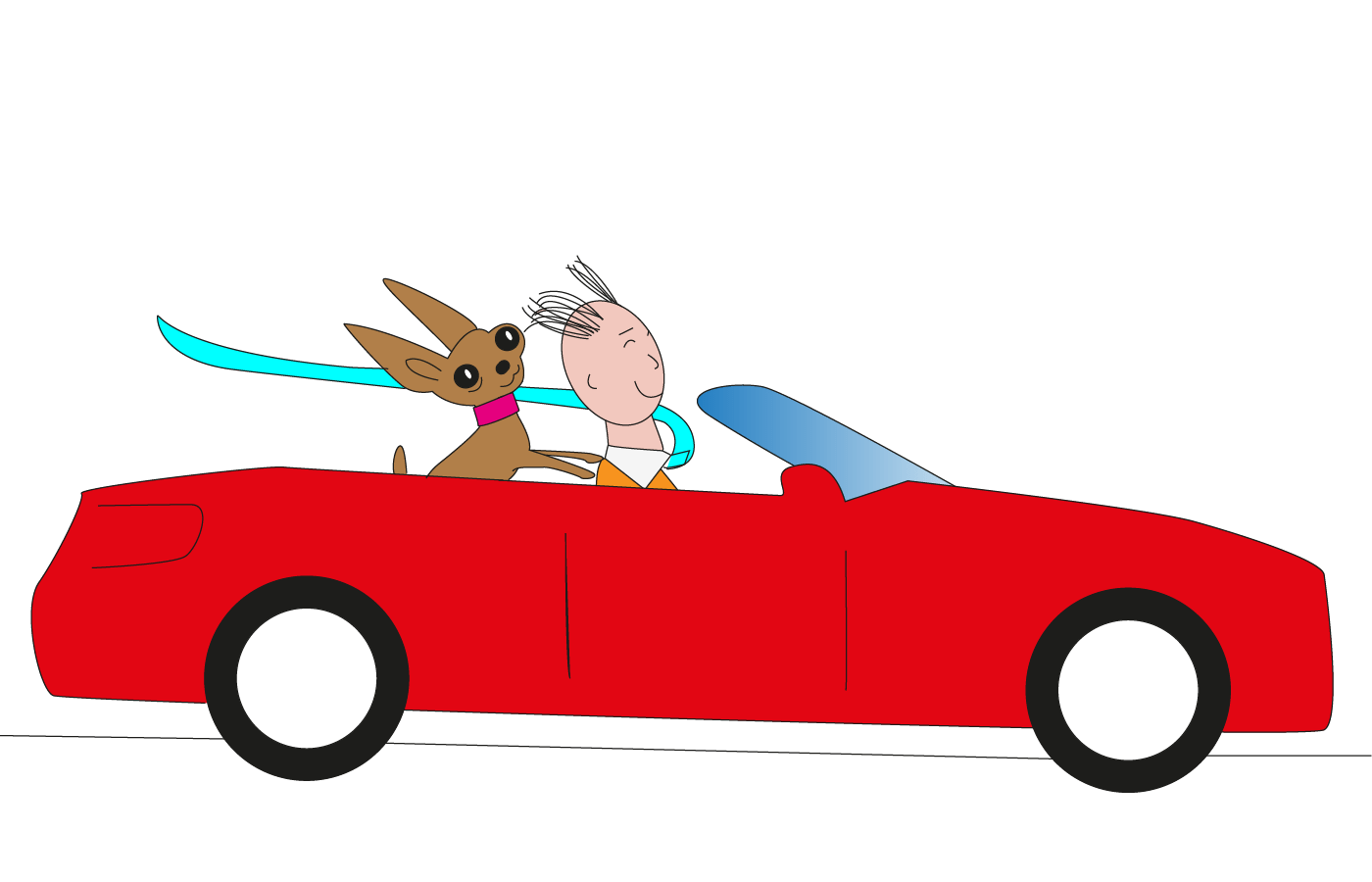
He has had this car for 2 months. (He bought it 2 months ago and he still has it now.)
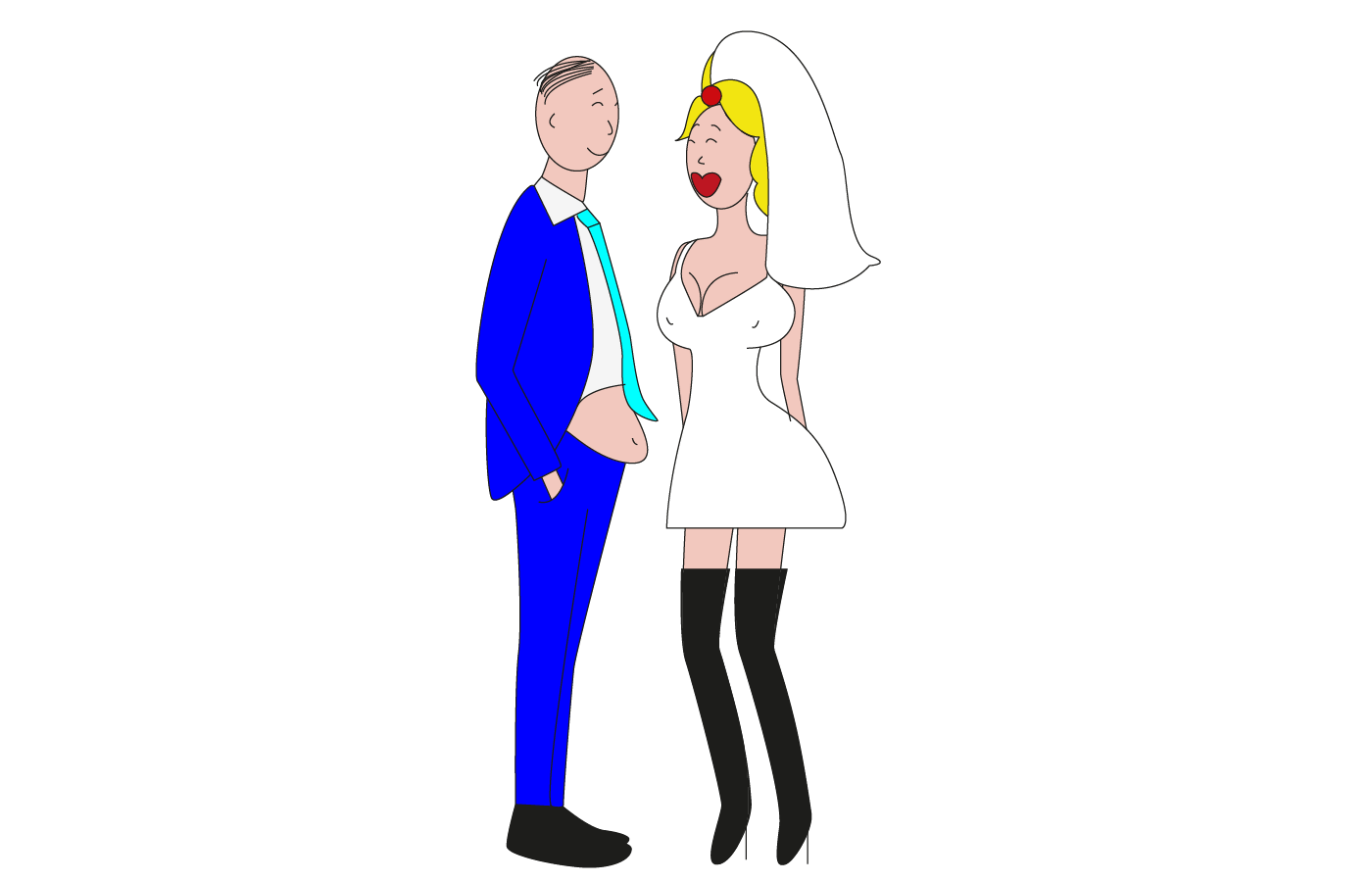
They have been married for 7 years. (They got married in the church 7 years ago and they are still married now.)
How we form present perfect
positive sentences: subject + have/has + verb in past participle (the third column is the list of irregular verbs) + object.
negative sentences: subject + have/has + not + verb in past participle + object.
questions: Have/has + subject + verb in past participle + object.
Other examples of present perfect use in a sentence
- She has finished working and now she can go home.
- I’ve already told you, don’t ask me again!
- We’ve been friends since we were at school.
More about present perfect
Present perfect, when we talk about experiences, is often used with words “EVER” and “NEVER”. We us “ever” in questions. “Ever” here means in your life until now. Have you ever been to France? Have you ever eaten sushi? Has she ever had a boyfriend? We use “never” in negative sentences. I have never been to France. I have never eaten sushi. She has never had a real friend.
Questions in present perfect often begin with “How often?” or “How many”. How often have you been to Spain? (in your life until now) How often have you eaten shrimps? How many real friends have you had? (in your life until now)
We often use “FOR” and “SINCE” when we talk about things that started in the past and are still continuing. “For” means for how many years,days, hours, minutes and so on, indicates the duration of an action. “Since” indicates the moment when the action started: a year ago, in 2010, last summer, yesterday.
In questions, to ask about duration we can use “How long” “How long have you studied English?”, “How long have you been married?”
Example. It’s year 2020 now. I started working in this company in 2005. I have worked in this company for 5 years. I have worked in this company since 2020.
